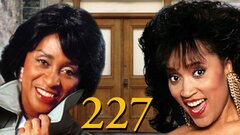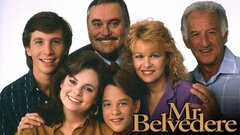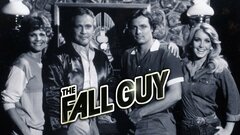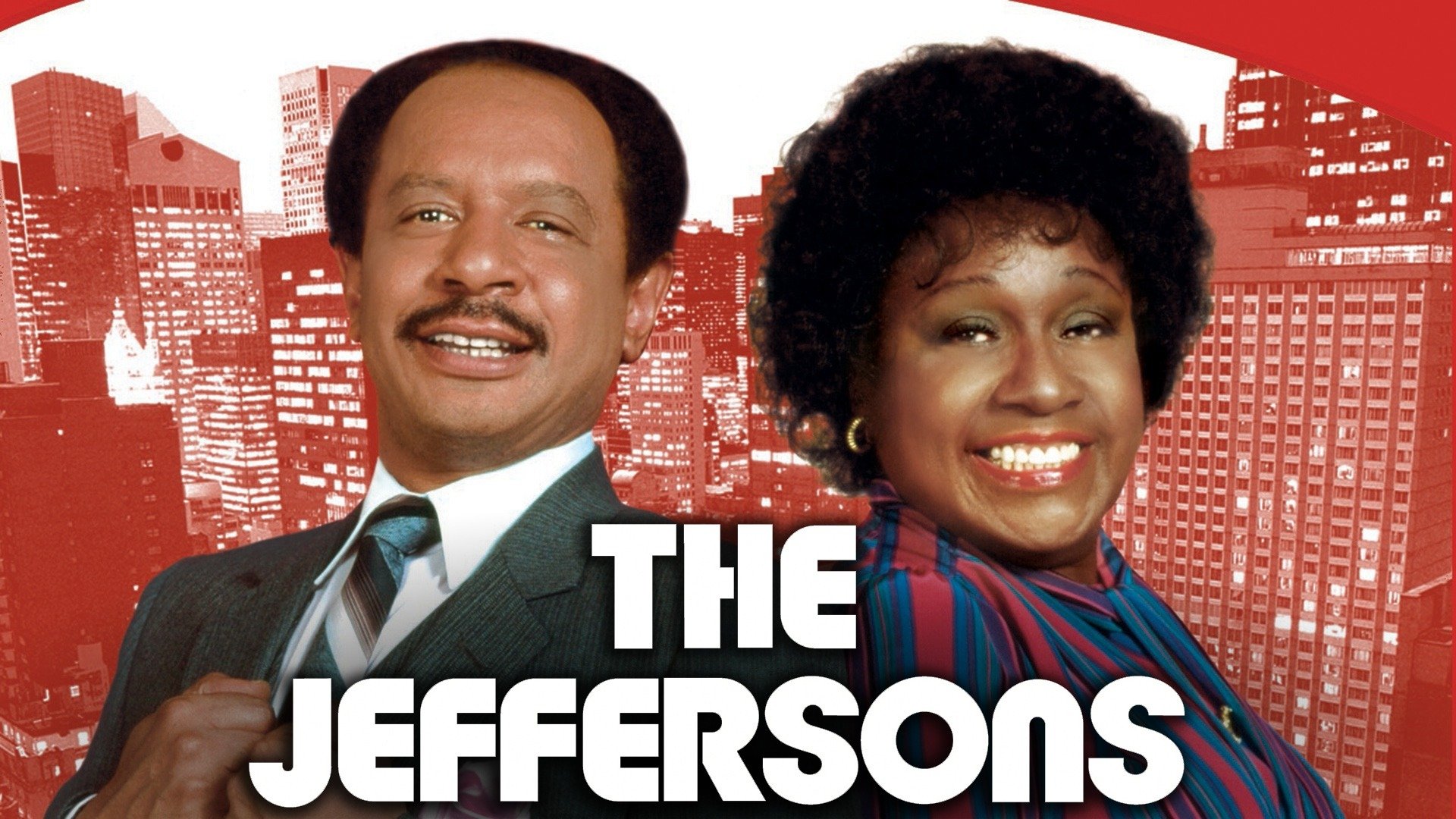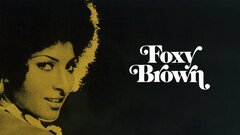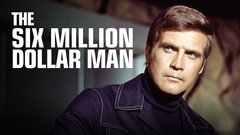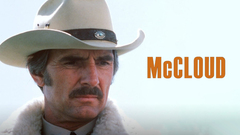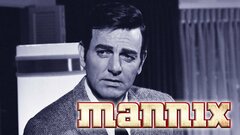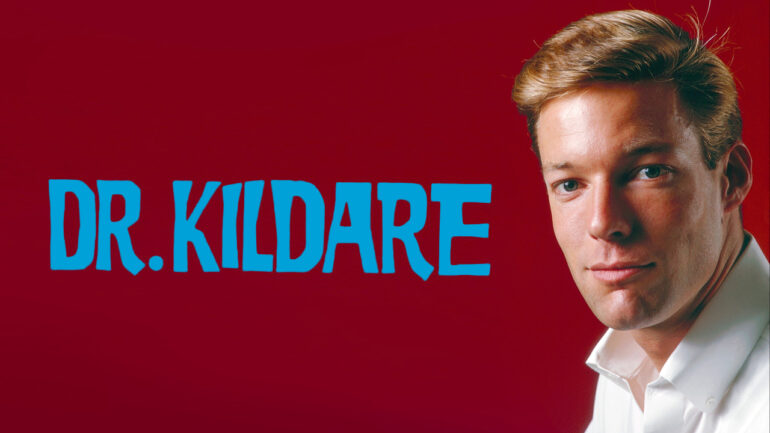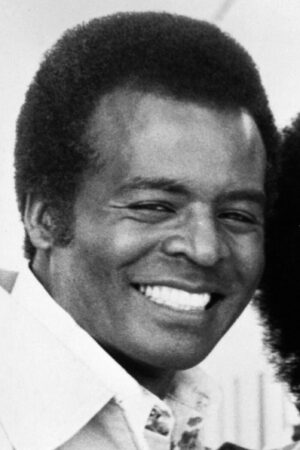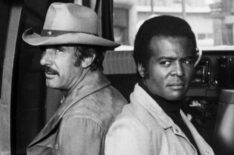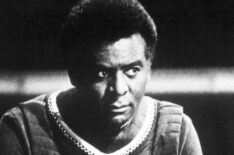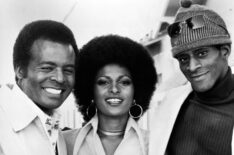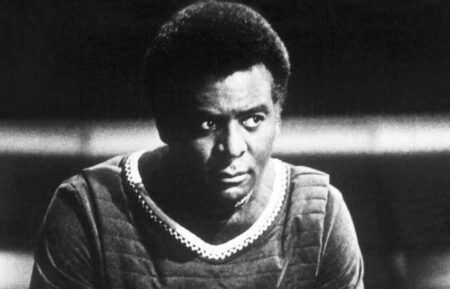Not merely an actor, Terry Carter was a socially conscious and consummate professional who turned his pursuit of a law degree into a historical career as one of the first African-Americans to get equal billing on an American sitcom, the first black man to anchor the news, and an Emmy-winning producer of interracial educational films.
And despite early news reports to the contrary, he was not killed in a hit and run collision by rap mogul Suge Knight in January 2015. Born John Everett DeCoste in New York City in 1928 to a Dominican mother and an Argentinian/African-American father, Terry Carter grew up bilingual in a mostly Italian neighborhood in Williamsburg, Brooklyn.
Raised to engage in social issues—he walked his first picket line at age eight, hand-in-hand with his father—he joined the United States Merchant Marine upon his high school graduation. Upon returning stateside, he worked as a mail clerk at New York's Museum of Modern Art, where he made a point to watch every film programmed within its walls.
Interested in studying law, he matriculated at Hunter College, Boston University, and Northeastern University while working nights and weekends as a jazz combo piano player. While studying at St. John's University School of Law, he had a chance encounter with actors Morris Carnovsky and Howard Da Silva, who convinced him that he had what it took to become an actor.
Interested in enhancing his oratorical skills for the courtroom, Carter ended up dropping out of law school after his second year to pursue acting full time. By 1952 he was a company member at the Greenwich Mews Theatre in Greenwich Village, by 1954 he was on Broadway acting opposite Eartha Kitt in "Mrs. Patterson," and by 1955 was in the cast of "The Story of Ruby Valentine," radio's first all-black soap opera series.
He reached national attention that same year by joining the ensemble of military comedy "The Phil Silvers Show" (CBS, 1955-1959), playing Pvt. "Sugie" Sugarman. He worked steadily as a character actor on such shows as "Naked City" (ABC), "Breaking Point" (ABC), "The Defenders" (CBS), and especially "Combat!" (ABC), where he was the only person of color to appear on the show's five-year run.
In 1965, on the advice of a producer friend, Carter made history by becoming the world's first black television anchor newscaster, working for WBZ-TV Eyewitness News in Boston, a position he held until the end of his three-year contract. In 1970, he was cast on the cowboy-in-New-York police drama "McCloud" (NBC 1970-77), where he played the cool but pessimistic Sgt. Joe Broadhurst for the show's entire seven-year run.
Having impressed "McCloud" producer Glen Larson, he was asked to join the cast of the most expensive television movie ever made, which ultimately became the cult science fiction series "Battlestar Galactica" (ABC, 1978-79). Originally cast as Lt. Boomer, Carter had to drop out after a roller skating accident, but he was soon recast as second-in-command Col. Tigh, the role that ultimately defined his career.
(In second place? His turn as undercover cop Michael Anderson in the 1974 Pam Grier Blaxploitation film "Foxy Brown.") Having never lost sight of his interest in social issues, Carter founded Meta/4 Productions, Inc. in 1975 and became president of Council for Positive Images, Inc., both of which produce and distribute educational films and documentaries.
Focusing especially on fostering interethnic understanding, Carter was nominated for an Emmy for producing "A Duke Named Ellington," a musical documentary that aired on PBS. On January 30, 2015, Carter was back in the news, but for all the wrong reasons, when music mogul Suge Knight committed a fatal hit-and-run on the set of the biopic "Straight Outta Compton" (2015).
The victim, a 55-year-old record producer who shares the same name, was misidentified as the "Battlestar Galactica" actor for days until the 86-year-old Carter took to the internet, assuring the world that he was alive and splitting time between New York and Oslo, Norway with his third wife Etta. "Let me say for the record, that I have no intention of leaving this planet any time soon," he told news website Heavy.com. " I meant it when I said that I'm shooting for 150."
Terry Carter died on April 23, 2024 in New York, NY at the age of 95.



